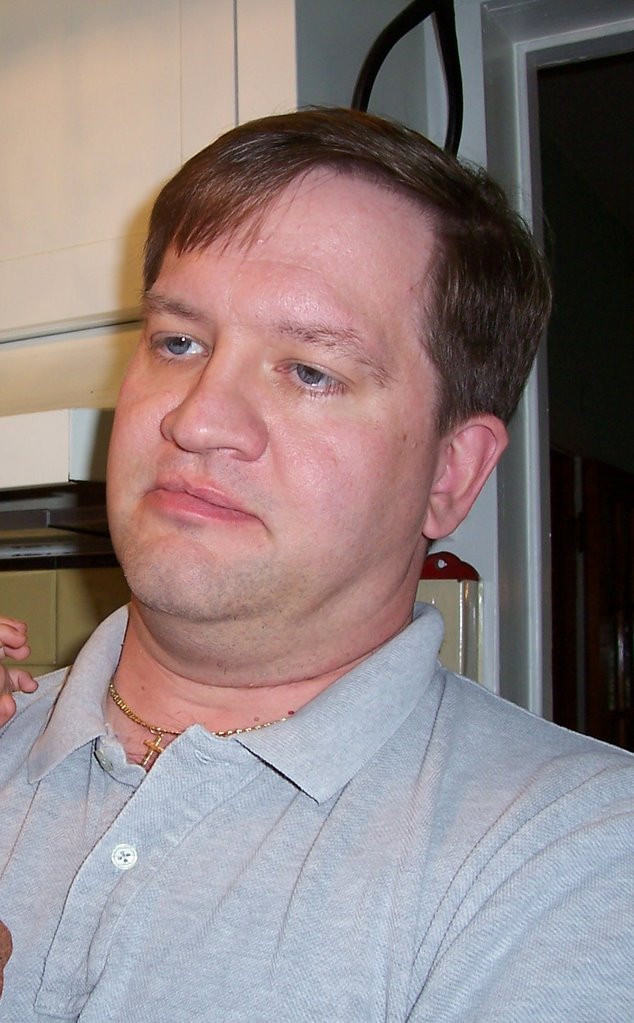I.C.E. is nice
Last night's EMT session on emergency care for infants and children had a familiar point included. We've all gotten the chain e-mail about including I.C.E. (In Case of Emergency) numbers in your cell phone, well there was the lecturer from the State of New Jersey Department of Health advocating that very idea!!
The plan is simple. Add a contact ICE to your list in your cell phone. This is the person that you want contacted in case you are unable to respond to first responders' questions. This person needs to know medical history, medications, and other potentially life-saving information. This idea is especially important for YOUTH and CHILDREN. If they carry a cell phone, please make sure they have ICE listed in their contact list.
While Snopes will tell you that the LAFD says that it is time-consuming and unlikely to be used, I can assure you that it would be invaluable in the case of an unconscious or unresponsive child out on the ball field or in the shopping mall with no parent present!! I would agree that we would be in less of a rush to use it with the soccer mom or dad in a similar position. It has to do with the need for medical information (pre-hospital) and a requirement for parental consent (more urgent at the hospital).
So, just an idea to pass along and be aware that it is now being taught to first responders.
Thoughts anyone?



1 comment:
Thanks for bringing this perennial issue again to the forefront.
As our blog highlights, the men and women of the LAFD do indeed welcome ICE entries, but not at the expense of traditional contact information.
While eager to hear that ICE is somehow helpful, we have yet to discover any pre-hospital provider in the United States where the field use of ICE has been both appropriate and medically necessary in rendering life-saving care.
While Los Angeles is merely a microcosm of our great nation, in the two years we have been aware of ICE, not a single one of the 365,000+ patients we have transported to the hospital have needed or benefitted from ICE (we transport more than 500 patients each day).
Then again, if all we do is help one-in-a-million! :)
Circumstances in the clinical or investigative arena remain largely outside our sphere, and it stands to reason that clinicians and hospital administrators not directly involved in life-saving care as well as Medical Examiners/Coroners would benefit most from this as a forensic tool. As such it doesn't seem to be too harmful a prospect, especially as a *secondary* form of identification.
We're pleased to learn that NJ responders are being made aware of ICE, because awareness is a good thing - especially if it gets us all to espouse that the community adopt multiple forms of identification in case of emergency.
We've enjoyed visiting your blog. Please take care - and stay safe!
Fraternally Yours in Safety and Service,
Brian Humphrey
Firefighter/Specialist
Public Service Officer
Los Angeles Fire Department
Post a Comment